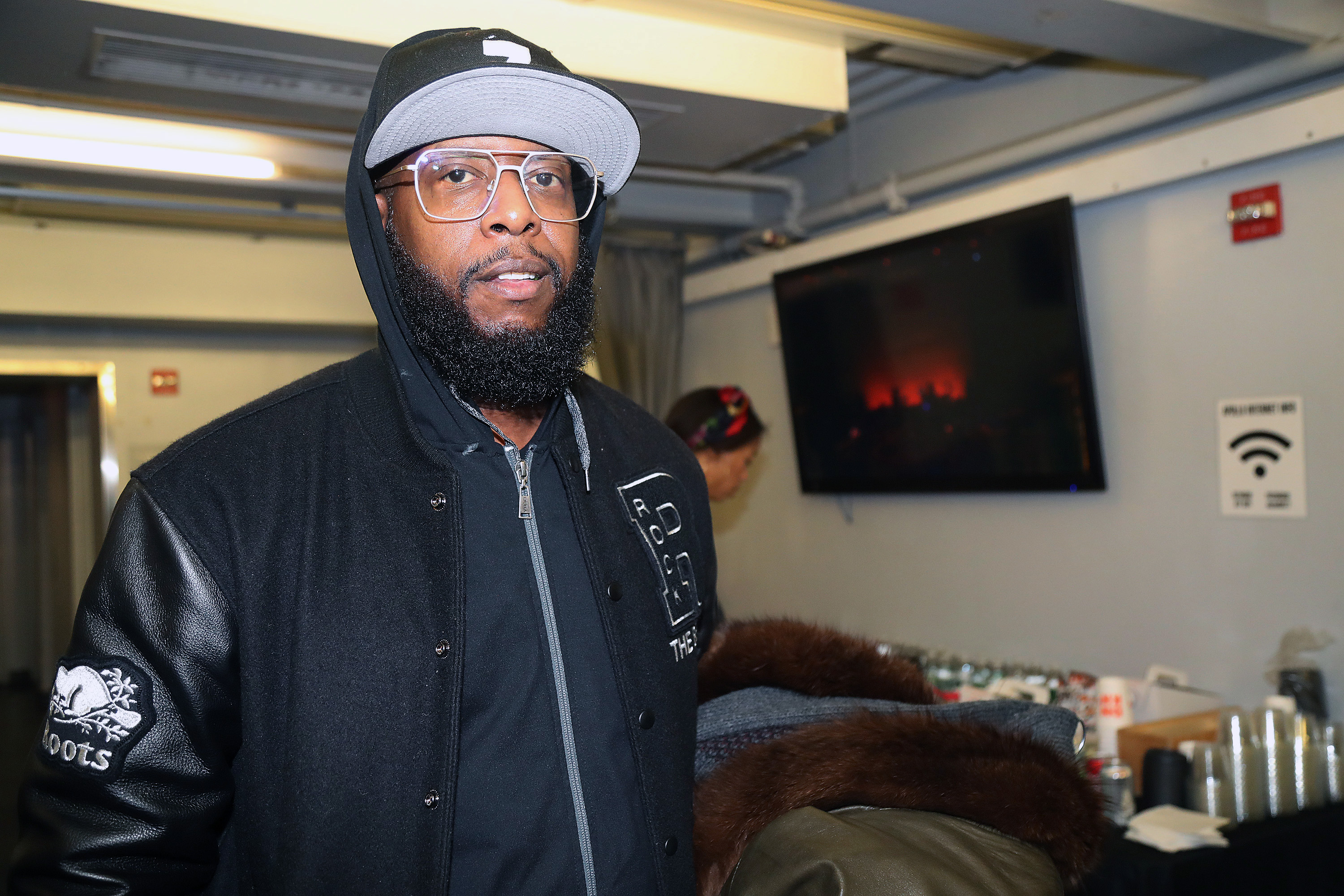Rapper Talib Kweli has been permanently banned from Twitter after spending two weeks targeting and repeatedly mentioning 24-year-old student and activist Maya Moody.
“[Talib Kweli’s] account has been permanently suspended after repeated violations of the Twitter rules,” a spokesperson for the social media company told Jezebel. “Twitter’s purpose is to serve the public conversation. Violence, harassment and other similar types of behavior discourage people from expressing themselves, and ultimately diminish the value of global public conversation. Our rules are to ensure all people can participate in the public conversation freely and safely.”
It all began in early July when Moody weighed in on a conversation about colorism in hip-hop. When another user tweeted a list of rappers who are married to Black women — which included Kweli — she replied, “Literally almost all of them are married to lightskinned women but that’s a conversation for another day.” That set Kweli off, and he spent two weeks incessantly tweeting at Moody (including for 12 hours straight one day), digging up her old tweets in an attempt to discredit her, talking about her on Instagram Live and accusing her of aligning with white supremacists.
In a statement to Jezebel, however, Kweli denied that he was harassing Moody. “Maya Moody is a liar,” he wrote. “I’ve never cyber harassed anyone in my life. I responded, on Twitter, to the lies that Maya posted about me. When you respond to someone who posts lies about you, that is not harassment.”
“So many people pretend that they don’t know that [colorism] is a real thing, especially in the Black community,” Moody told the publication. “This is something that impacts every aspect of our lives, from our education system to our prison system to [who gets] harsher punishment. It’s a part of us. And if we can’t acknowledge that and talk about that without getting defensive and gaslighting each other and saying, you know, ‘You just hate Black men, just hate Black people…’ No, that’s not the case. I love us. And because I love us, I want us to be able to have the conversation and talk about it.”
Subscribe here for our free daily newsletter.
Thanks for reading InsideHook. Sign up for our daily newsletter and be in the know.
